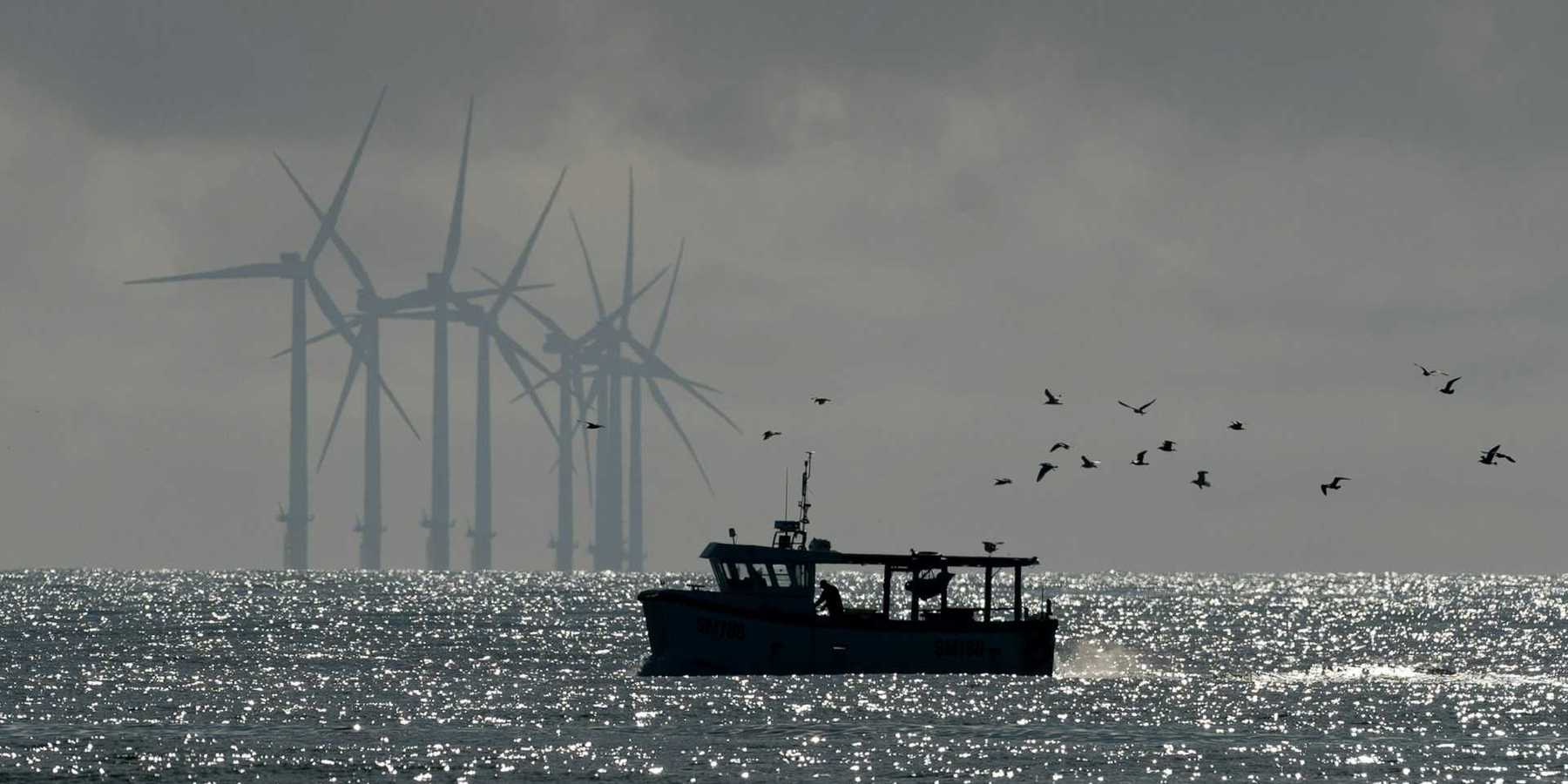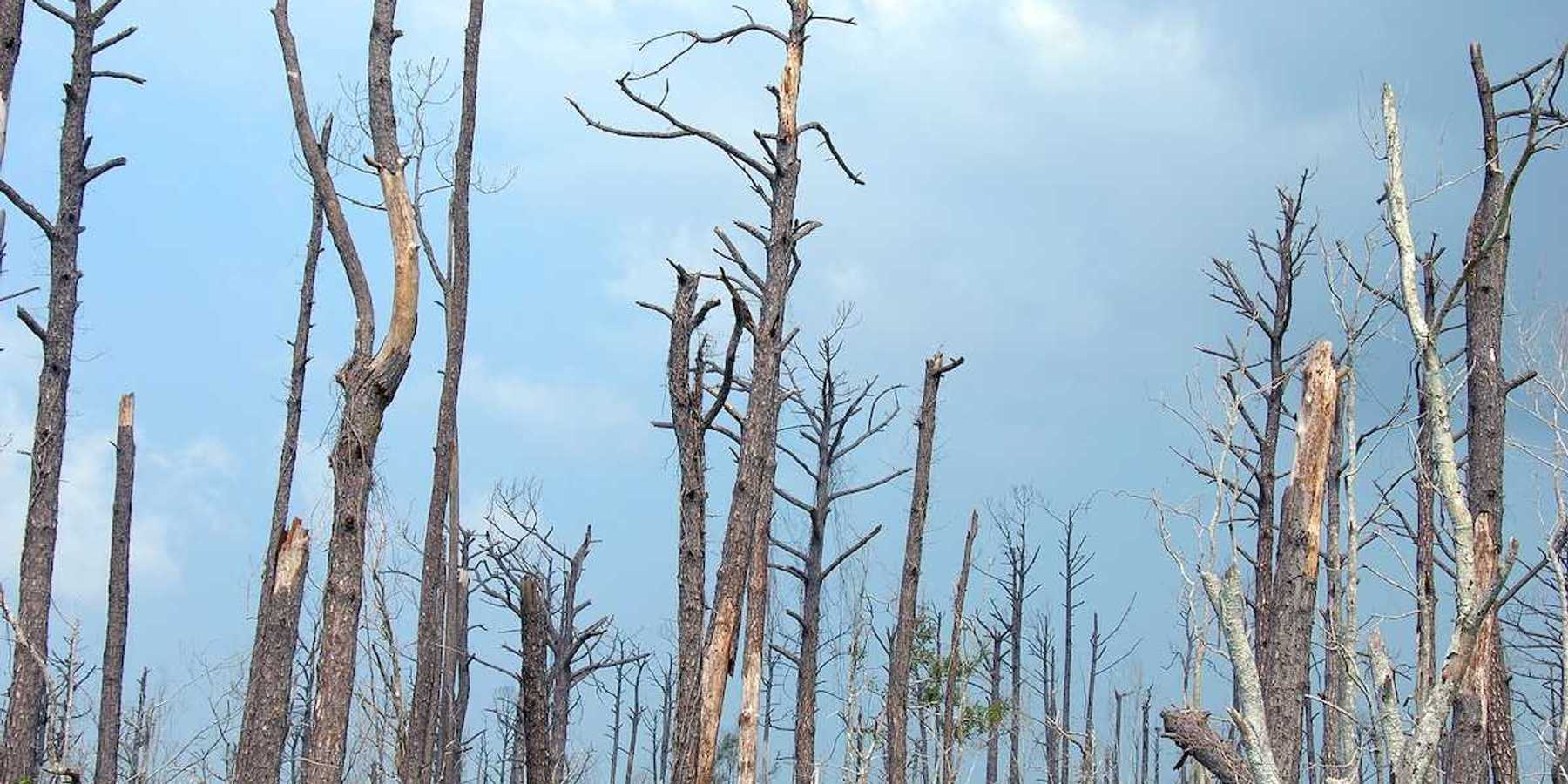Oregon's coastline's fate linked to 'Dune' landscape
The iconic dunes of the Oregon coast, which inspired the desert planet in 'Dune,' are now facing their own ecological crisis as invasive species and erosion reshape the landscape.
Kiley Price reports for Inside Climate News.
In short:
- Coastal Oregon's dunes, the inspiration for 'Dune,' face invasive species and erosion issues.
- Efforts to stabilize the dunes with non-native beachgrass have backfired, threatening local ecosystems.
- Restoring the open dunes requires balancing environmental preservation with community protection.
Key quote:
"We’re losing about five feet [1.5m] of open sand every year."
— Dina Pavlis, Author of Secrets of the Oregon Dunes
Why this matters:
Erosion on Oregon's central coast poses significant challenges to the ecosystem and the natural landscapes that define this region. The Oregon Dunes National Recreation Area, among other dune ecosystems along the central coast, is experiencing a complex interplay of natural and human-induced factors that exacerbate erosion, leading to a range of environmental impacts.
National parks aren’t faring so well, either. Derrick Z. Jackson writes: If there is anywhere in the nation that holds the promise to inspire unified action on climate change, it is the national parks.













